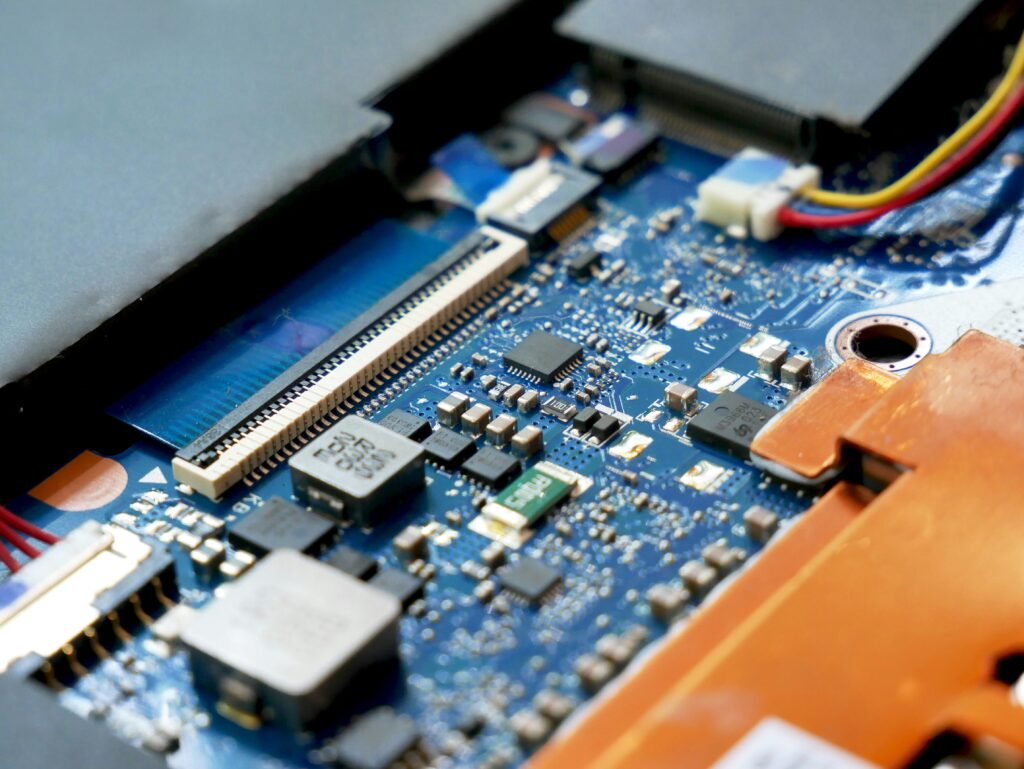Semiconductor is, hands down, one of the world’s most crucial products. Right from mobile phones to automotive, semiconductor chips are important. The world would stop without semiconductors. The semiconductor supply chain in the world is a very complex one with the involvement of a lot of geopolitics.

Huge dependency on Taiwan
The world is unequally dependent on this island nation of 24 million population. It is the home to Taiwan Semiconductor Manufacturing Company (TSMC), which is the world’s largest chip manufacturer. It manufactures the chips for all the major designers like Apple, Nvidia, Samsung, Intel, and AMD. Though these companies provide the products for all the consumer products, the main manufacturer is TSMC.
TSMC is the market leader with more than 60% of the market share with them. It is as good as a monopoly given the sheer market size and ever-increasing demand. It is the leader in manufacturing smaller, efficient, and performing chips. The most advanced chips in the world are 5 nm chips. TSMC is heavily investing to produce groundbreaking 3 nm chips, expected to be up to 15% faster and use far less power. They are expected to roll out in the coming years. This way, it is far ahead of the competition.
Taiwan hosts a robust ecosystem of semiconductor supply chains. It has a strong network of design firms, equipment suppliers, and packaging and testing companies. This makes the local ecosystem of the industry stronger. This integrated supply chain allows for efficient production and innovation in the semiconductor industry.
By nature, the semiconductor manufacturing industry is very capital-intensive. On top of this, because it is a crucial part of the global supply chain it has always been the case that leading economies of the world have taken the interest in it. The island has always been contested with China claiming it. This adds a layer of complexity. If ever tensions between China and Taiwan, it poses a huge threat to disrupt the supply chain.
Any challenges in the semiconductor supply chain directly impact various industries like electronics, automotive, and defense, to name a few, and eventually the lives of normal people.
Exploring other options
This huge dependency on Taiwan for such a crucial product that affects the whole world makes it very vulnerable. To reduce this dependency nations are making efforts by heavily investing in research & development and establishing manufacturing facilities. This is easier said than done, as the ecosystem in Taiwan is times ahead of it’s competition.
India, in March 2024, has led the foundation of three manufacturing facilities. India is aiming to be a 10 trillion dollar economy in the next decade. It is projected that a significant portion of the economy will be contributed by semiconductor manufacturing.
The uncomfortable relationship with China has made the United States to prioritize on semiconductor chip manufacturing. US companies have pledged 200 billion dollars for chip manufacturing.
The European Union has undertaken the initiative to invest $45 billion in research & development and manufacturing facilities. The aim is to get a market share of 20% in semiconductor chip manufacturing by 2030.
Leave a Reply